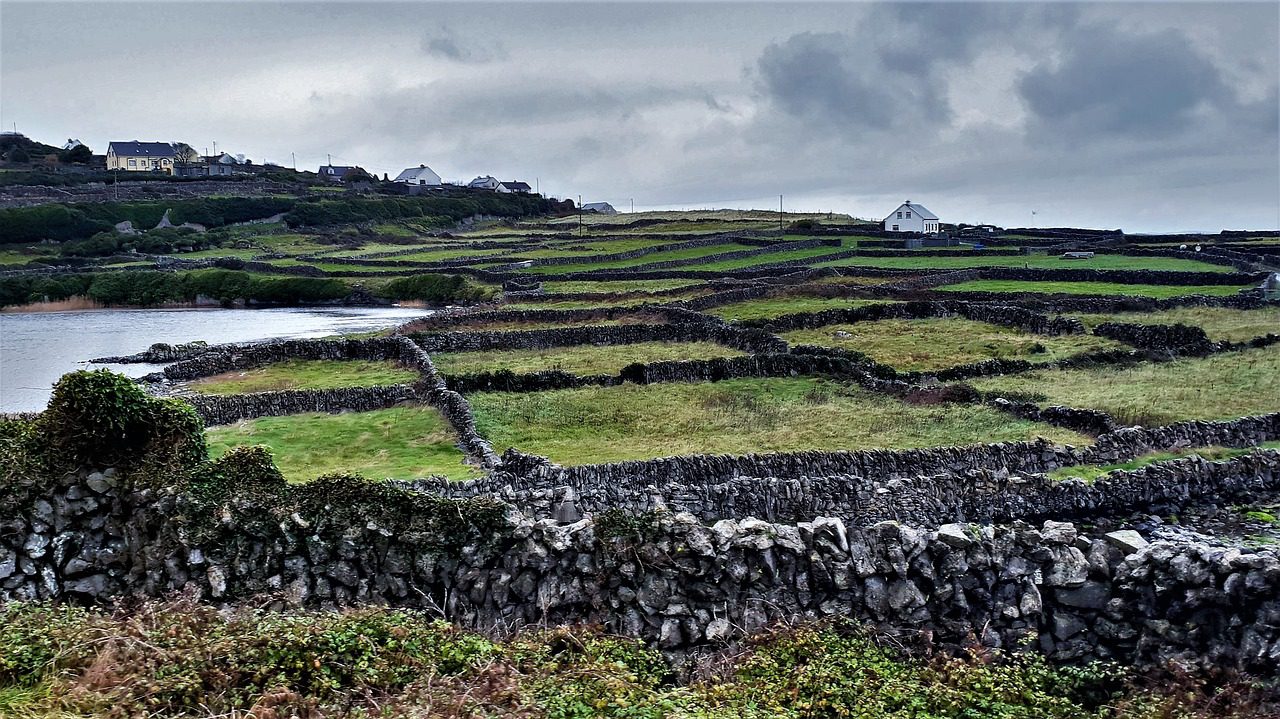A survivor of the Tuam mothers and baby home recalls being an “outcast” in school and what he described as the “pure slavery” of working for a farmer.
Tommy Warde considers himself lucky in that he wasn’t returned to the mother and baby home after being fostered when a health issue arose. He also regards himself as fortunate because he was able to track down his mother, with the help of a priest.
However, he said that everyone looked down on the children from mother and baby homes who didn’t know anything about family life. A major fallout was that his education suffered. “No-one looked after us.”
Tommy commended the work of historian Catherine Corless who gathered death certificates for 796 infants linked to the Tuam home, with bodies found in a chamber of a disused septic tank.
That was criminal, so hurtful. They were my comrades and I could have died with them.
The Tuam survivor also praised the work done by former minister for children Katherine Zappone. “I am hopeful that the current minister Roderic O’Gorman will do something for us,” he said.
Never seen dogs or hens
“I was born in the mothers and babies home in Tuam in 1942 and kept in the same room until I was five years and two months. I don’t remember being anywhere but the room, not even the yard or garden,” he said.
“My mother was 17 when I was born and she stayed in the home for 12 months. She was then discharged to her father,” said Tommy.
“I remember being brought out in a green van and the next thing I arrived at a remote small farm where the family fostered me. Other children were fostered out in that area. I had never seen dogs or hens and I was running around after them. I had to learn everything.
“When I went to school, I was left at the back of the class; no-one taught me. The State gave money to the relieving officer which was paid to the people that had me. People were sent out to check on me but they never came on spec. The room would be done up and you wouldn’t speak,” Tommy said.
“I was trained to do jobs and treated fairly well but it still wasn’t what it should have been,” he said.
In 1954 the family moved into Woodford where Tommy attended school but having been given little or no educational support in earlier years, the difficulties continued. “My education was lost,” he said.
The Tuam survivor went to work on a farm when he was around 16 or 17 years of age. “It was very tough. If you were out working all day and your clothes were wet, you wouldn’t be allowed put them by the fire.
I milked 12 cows for £1 a week. The women in the house would go around with a saucepan to check that we had milked the cows correctly. We had to sow spuds and corn and we also had to thin turnips and beet.
“It was very severe and no-one lifted a hand to say it was wrong. I said that I would never work for a farmer again after that experience. But I then worked on a farm for an old woman who was a widow. It was paradise compared to the first experience. I had seven great months there,” Tommy said.
Tracing his mother
Over the years that followed, the Tuam mother and baby home survivor did building work; drove a machine at Tynagh Mines; and drove a machine in a scrapyard in Oranmore.
Tommy married in 1965 and had five children with his late wife. He now revels in spending time with his 15 grandchildren. The idea of tracing his mother was always in his head.
“Young lads used to say to me: ‘You have no mother or father.’ It was very hurtful,” Tommy said.
“People said: ‘Why bother look for your mother?’ but a priest in the area where I was working helped me find her. He knew the priest that had baptised me. That priest got in touch and helped me get the particulars that I couldn’t get from the Council office beforehand. He made an arrangement for me to see her.”
Tommy feels fortunate that he got to meet his mother. “She had married and had 10 children. She was lovely. I found it hard to call her mother but I did. She brought me home and I met her family and kept in contact with them. The worst thing of all would to have been rejected. I also tracked down my father but he was dead at that stage,” he said.
Late apologies
“The apology from the Bon Secour nuns and the bishop came a bit late. The State was wrong and some people lived very hard lives. It was a terrible circle. They kept their experiences inside rather than coming out and talking about them.
“The survivors were meant to get the final report of the Commission of Investigation into Mother and Baby Homes first but they didn’t,” Tommy said.
“The survivors are entitled to financial redress and in cases where they have died, their families should be able to get it. I’d like the government to look after the people who were blackguarded.”
